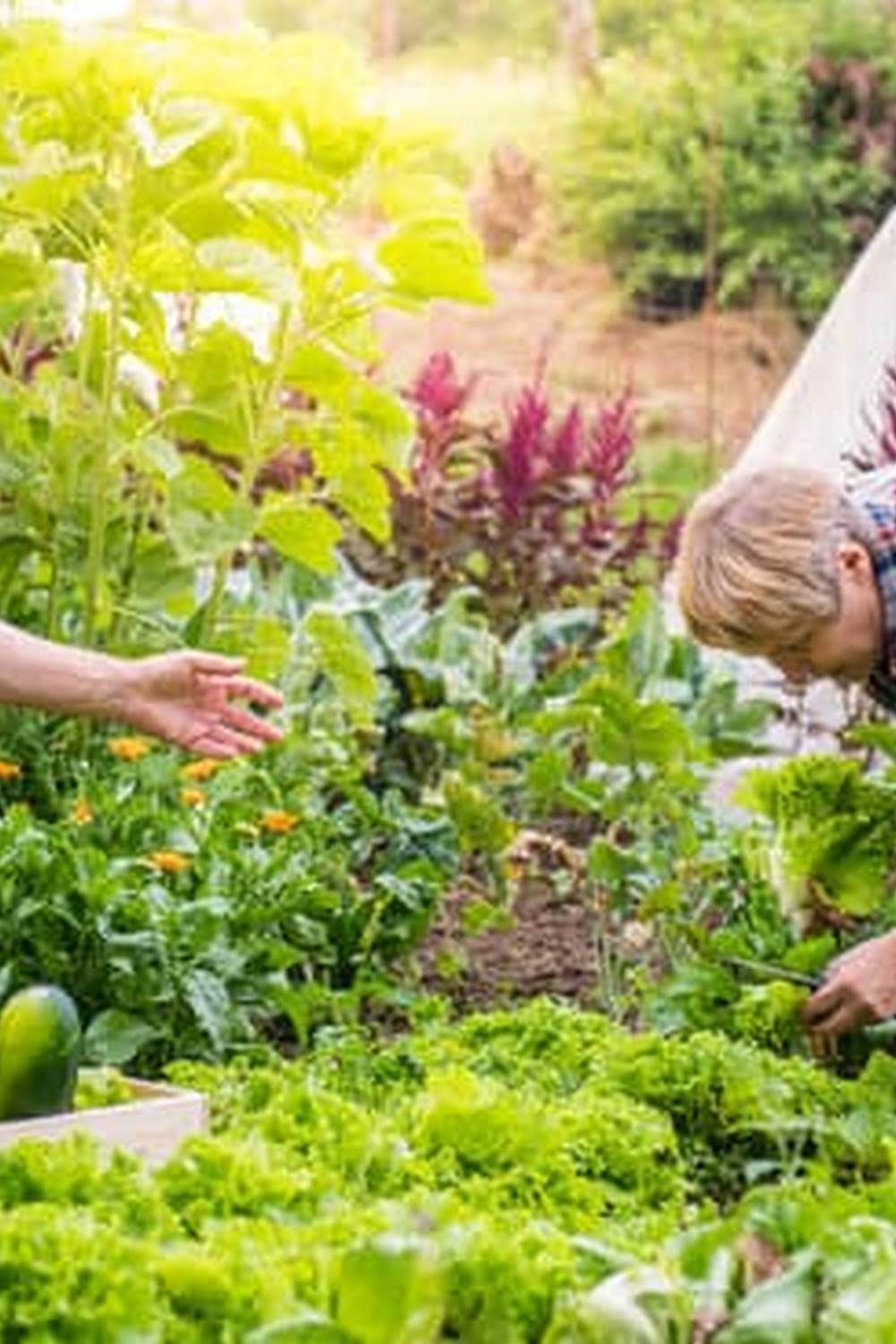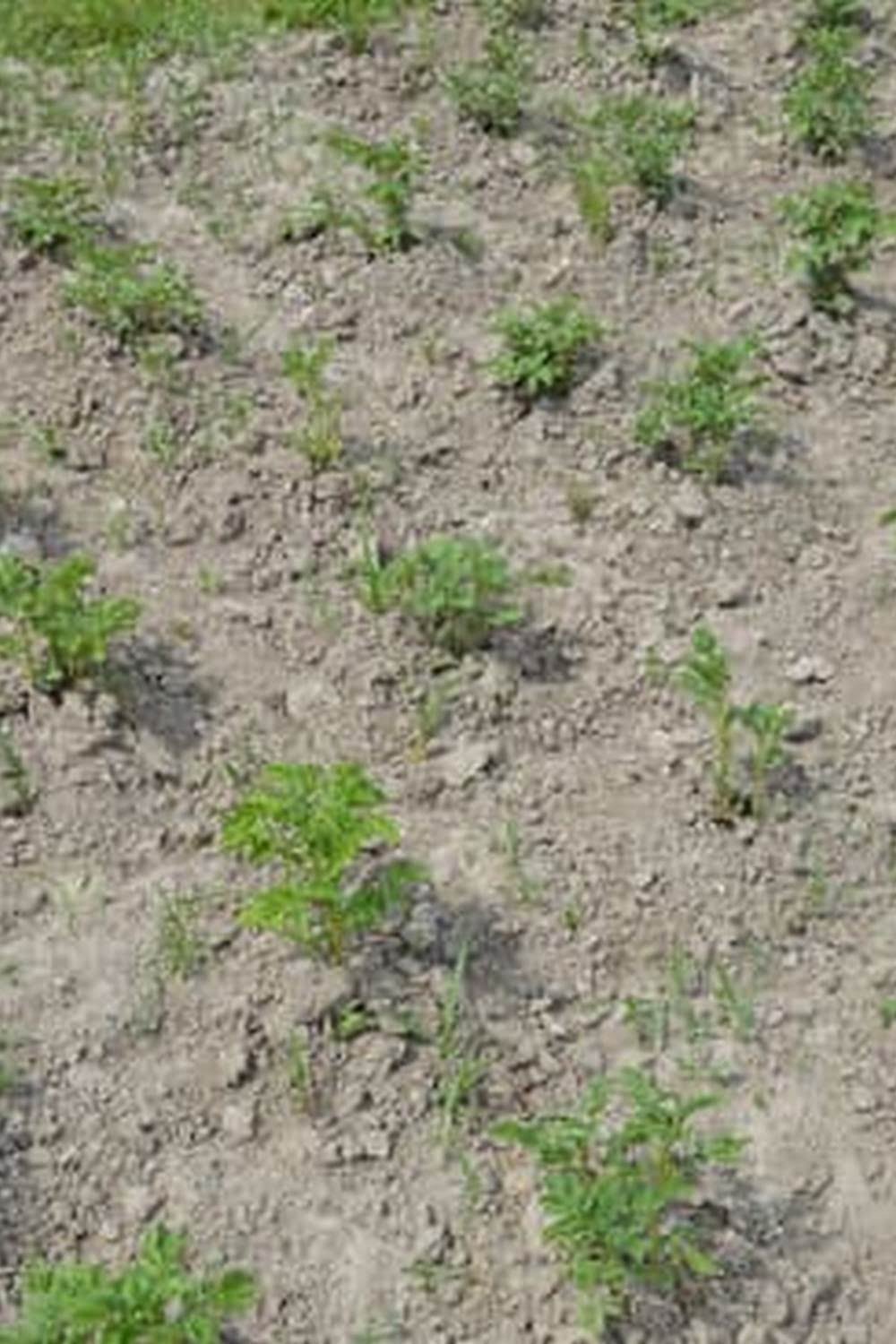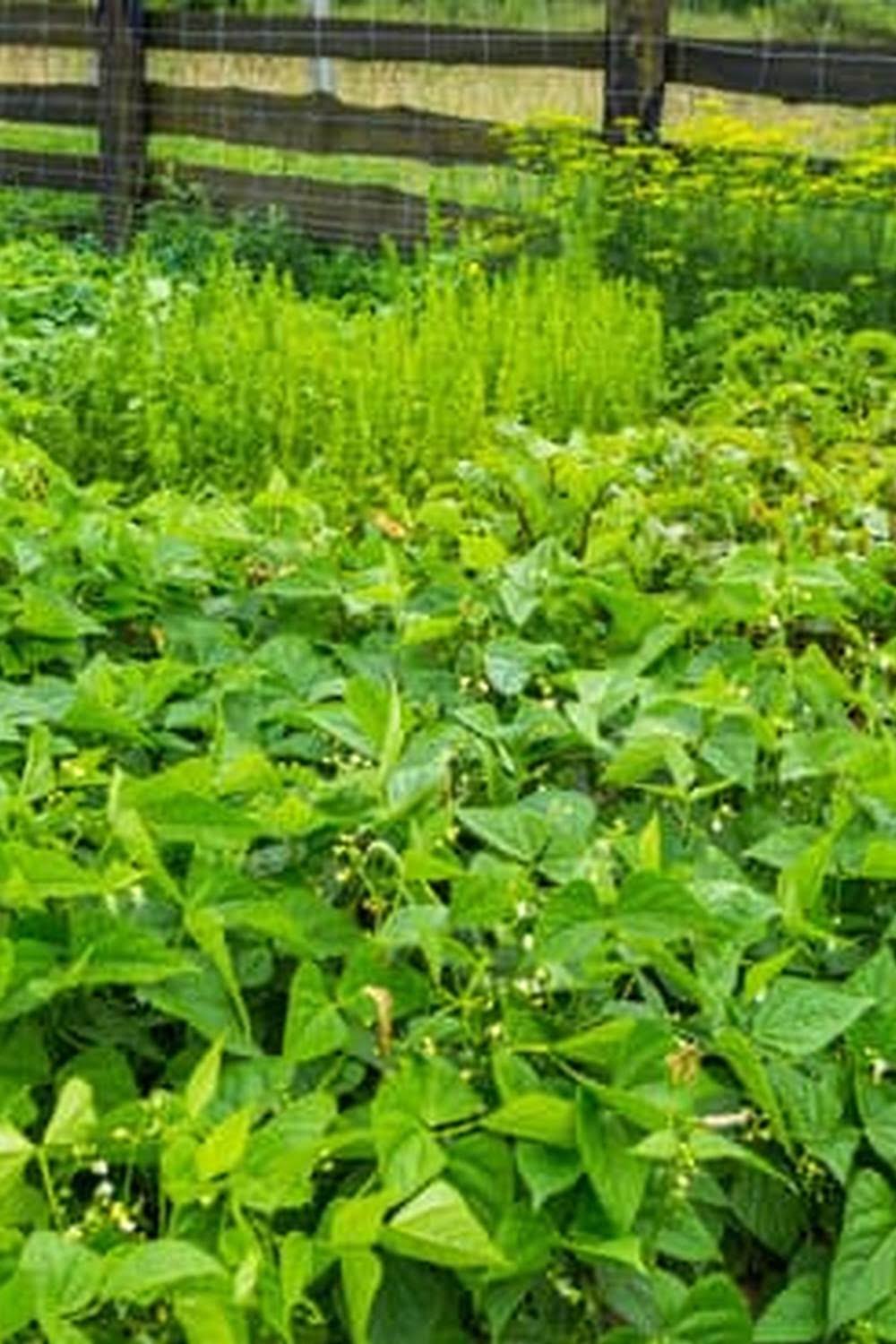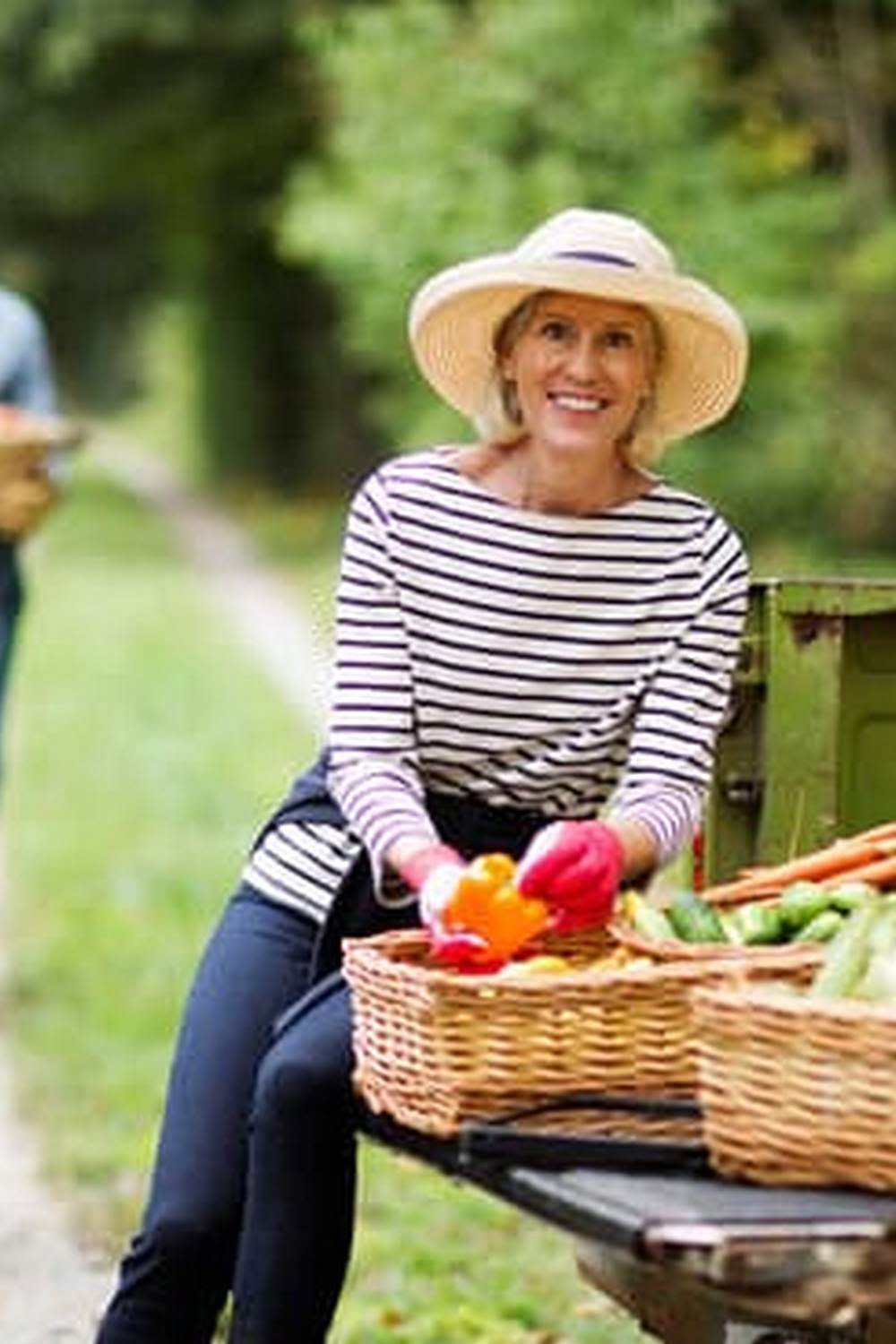Introduction
The garden soil market continues to grow as more and more avid home gardeners are taking the leap from growing in containers to creating outdoor landscapes. In order for a garden to flourish, the soil must be of quality. Quality garden soil provides an array of benefits including better drainage, aeration, water retention and an optimal growing environment for beneficial organisms like earthworms and microbes. Although there are many options on the market today for both bagged and homemade compost materials for gardens, one company stands out among them all; Sta-Green Flower And Vegetable Garden Soil is here to help give your garden the necessary nutrient-rich base it needs to excel without adding chemical fertilizers or amendments that can often do more damage than good.
Sta-Green Flower And Vegetable Garden Soil contains premixed professional grade ingredients with a balanced blend of nutrients developed by their expert horticulturalists. The product also contains a slow release fertilizer layer perfect for providing nutrition over time without burning or overfeeding fragile roots. The included fast-acting fertilizer supplement is designed to meet the needs of light feeders (e.g., annuals, perennials, vegetables) while giving established plants a boost of energy when necessary. Furthermore, this premium and gentle mix boasts a large number of organic ingredients engineered specifically for growing healthy plants indoors or outdoors -including peat moss, composted poultry manure, lime and pumice stone that helps loosen heavy clay soils fulling saturation drainage. Lastly, Sta-Green Flower And Vegetable Garden Soil slowly releases naturally occurring nitrogen into your soil resulting in lush green coloration of even the pickiest plant species out there!
Benefits of Sta-Green Soil
The Sta-Green Flower and Vegetable Garden Soil is formulated to allow for optimal growth performance in your backyard vegetable and flower gardens. It is composed of a blend of composted bark, manure, peat moss, top soils, sand, and perlite; working together to provide an ideal nutrient balance that enhances the soil’s ability to hold water and air while also providing drainage capacity. This type of organic material not only improves the soil structure but also helps in keeping it fertile for a longer period.
Sta-Green’s special formulation provides essential nutritional benefits for plants such as nitrogen, phosphorous, potassium and a variety of micronutrients. These nutrients help plants maintain healthy foliage growth, stimulate root development to attain healthy plants with increased yields over time. Comparing it to other soils on the market shows that the Sta-Green Flower and Vegetable Garden Soil offers a more complete solution when it comes to meeting the needs of growing plants.
One major advantage of using this soil is that it requires minimal fertilization since most of its essential nutrients are already present in adequate amounts. What’s more, you can use this soil either indoors or outdoors since it’s lightweight enough so that it won’t cause any compaction issues when potted or planted directly into the ground in an outdoor garden bed. This makes it an ideal choice for families tight on time who want to be sure their gardens grow optimally with minimal effort!
Environmentally Friendly Options
Sta-Green’s Flower and Vegetable Garden Soil is a certified organic soil. It is made with all-natural ingredients, including natural building blocks like peat moss, earthworm castings, green compost and aged bark fines. The no-till soil technology prevents plant overgrowth, which allows the soil to be more water and nutrient efficient. This makes Sta-Green easier to manage and also reduces runoff pollutants because it stays in place longer than other soils. Not only does this make the soil more efficient but it also has environmental benefits in terms of reducing carbon dioxide output from transportation and energy expenditure involved in harvesting natural resources for garden use. Additionally, because this product contains organic matter such as earthworm castings, it boosts the soil’s microbial activity which helps plants develop strong root systems; this promotes healthier growth which requires less water and fertilizer – two things that can easily cause an ecological imbalance if overused. Finally, Sta-Green’s easy-to-use bagged version takes up less space than other soils but provides improved nutrition for your plants at volume
Versatility
Sta-Green Flower and Vegetable Garden Soil is a highly versatile product that can be used in various garden applications, as well as lawns, outdoor areas and more. With its multipurpose design, it gives gardeners the ability to create different environments while providing optimal nutrient levels to help make plants prosper. This soil is designed to work on its own but also works as an amendment when mixed with other ingredients. This allows for further customization of the environment for specific types of plants. It can also be used to repair soil damaged from flooding or other agronomic issues. It’s extremely porous nature helps with water retention and drainage, allowing for healthy root growth in any area its added to. The Sta-Green Flower and Vegetable Garden Soil can last multiple seasons with timely re-aamendment, ensuring that your garden maintains key mineral deposits for lush foliage and vibrant blooms each year.
Easy and Convenient
Installing and using Sta-Green Flower and Vegetable Garden Soil is an easy and convenient process. All you need to do is open the bag and spread the soil evenly over your garden beds. It’s ideal for all vegetables, herbs, and other plants because the soil comes pre-mixed with fertilizer that provides effective long-term nutrition for your plants. For convenience, this product also comes in resealable bags so that you can store any leftovers. To protect your seedlings or transplants, add a layer of mulch to conserve moisture and keep weeds away. Applying a 2-3 inch layer of mulch also helps in keeping your soil warm during winter months. Additionally, the soil has been enriched with Mycorrhizae for improved root development, resulting in better yields of delicious vegetables. With Sta-Green Flower and Vegetable Garden Soil, getting great results from your garden has never been easier!
Reviews
The Sta-Green Flower and Vegetable Garden Soil has been well-received by users, who have given overwhelmingly positive reviews. People are especially appreciative of the product’s ability to create nutrient-rich soil for flowers and vegetables that result in abundant harvests of quality produce.
Users note that when combined with organic matter such as peat moss or other types of mulch, the Sta-Green garden soil acts quickly to improve the texture, drainage and nutrient retention of any type of soil. It can also be used as a topdresser in lawns to add nutrients valuable to any turf grass.
Pros:
– Increases nutrient content and improves texture, drainage and nutrient retention in soil
– Excellent choice for preparing flower gardens and vegetable patches
– Works effectively mixed with peat moss or other types of mulch
– Can also be used as a topdresser in lawns to add valuable nutrients which assist the growth of turf grass
Cons:
– Some users have reported that it does not mix well with clay soils
– Occasional reports of plant burns resulting from long term use due to excessive amounts of nitrogen
Recommendations
When using Sta-Green Flower & Vegetable Garden Soil, best practice is to mix the soil with existing soil before planting. All new gardens should be assessed for proper drainage and nutrients prior to use. To help retain moisture and reduce nutrient leaching, it may be helpful to apply organic mulch or compost to the top of the soil. This will aid in reducing weeds while protecting and nourishing your plants. For containers or planters, one should fill the bottom with light rocks or pebbles for much better drainage and airflow.
Before planting anything into the soil, make sure to incorporate fertilizer or other beneficial microorganisms into the area. Doing this helps improve drainage while supplying adequate nutrients for your plants. Add a generous layer of organic mulch over the surface of plants (particularly perennials) which helps maintain moisture and prevents weeds from competing for scarce resources. Additionally it’s important to water regularly as this helps break down organic matter in the soil as well as helping to enhance fertility levels, aeration, and water penetration level – all key components for plant vigor!
Conclusion
The Sta-Green Flower and Vegetable Garden Soil is a great choice for gardeners looking to provide their gardens with the best possible nutrition. It contains a balanced blend of organic materials, including composted cow manure, which helps to give plants the nutrients they need to thrive. The soil also includes added perlite to help improve drainage and provides an ideal structure for growing a variety of vegetable and flower varieties. Compared to other brands, Sta-Green Garden Soil offers superior quality for its price, making it a great investment for those looking for maximum growth but don’t have the budget for more expensive soils. In summary, this is an excellent option for anyone wanting to get the most from their garden without spending too much on soil.

If you’re looking to get into vegetable gardening, or are just looking for some tips on how to make your current garden better, then you’ve come to the right place! My name is Ethel and I have been gardening for years. In this blog, I’m going to share with you some of my best tips on how to create a successful vegetable garden.





